Making machines smart
Have you ever wondered how appliances are made “smart?” How they can anticipate or analyze or mimic human behavior? How can a car operate without a driver? Part of the answer is “data annotation,” explains Neville Patel, entrepreneur & chief executive officer of Poona based Qualitas Global Services (QGS), a limited liability partnership. In data annotation, it is the work of human annotators to label, tag, transcribe or process a set of photos, videos or text. For example a road scene will be titled a road scene & the actual road, the cars, drivers, pedestrians, traffic signals, trees, etc would be so labeled. Mention would also be made whether the scene is of day or night. A data annotator’s job can be tedious & arduous.
“Without data annotation, every image would be the same for machines as they don’t have any inherent information or knowledge about anything in the world,” stated Patel in an interview with Parsiana on January 25, 2023. Once the objects are so identified for the computer/machine they can store & recognize them. Once they are programed, they can venture to predict developments. Taking the example of the automobile industry, Patel noted, “We are all aware of how driverless cars have become a reality in the West… An autonomous car relies on its ability to perceive its surroundings for safe driving… Annotators annotate videos & images of the road to enable a car’s computer system to accurately measure the distance, dimensions of objects on the road like other cars, pedestrians, bicyclists & signals.”
A more common application is the Advanced Driver Assistance Systems (ADAS), explains Patel. “These are safety systems implemented in the car to remove human error while operating them,” said Patel. Some common examples are systems that warn of driver fatigue, collisions & lane departures.
QGS has invested over Rs 1.20 crores in developing ADAS in partnership with the Automobile Research Association of India & ministry of heavy industries “and is on the way to invest another five crore rupees in the next three years to make this technology cheaper & easily available… On completion of this project, QGS would hold the intellectual property for these products for three years after which the intellectual property would be shared between QGS & the government.” Patel intends that lower costs will enable this technology to be retrofitted in trucks & vehicles.
Sports is another field where data annotation is used extensively, noted Patel. “The annotators use video footage of matches to process” the data which “can help players & coaches” to take decisions on game strategies, the tech entrepreneur noted. Providing insights into athlete performance & predicting player health, these intelligent models help the coaches & team owners understand which players to bid for in auctions & at what price. “The impact made by (such) analytics is so huge that studies predict that by 2024 the market for sports analytics will be worth USD 5.2 billion (nearly Rs 43,000 crores) with a 22% growth rate from 2019 where it was worth USD 1.9 billion (Rs 15,717 crores).”
Image annotation in agriculture aids in the recognition of crops & fruits so that farmers may make appropriate choices. “Data annotation helps in detecting crop type, health, ripeness & even assist in livestock management,” he stated. Data annotation is used in a variety of other industries including retail & fashion, security & surveillance, logistics & construction.
About 95% of QGS’s staff comprises information technology graduates. “We hire mostly from Tier II & III cities,” Patel told us. Proud of retaining staff, he revealed that “everyone who is a manager has been with me since 2014,” when he started the company.
The pandemic was a bad time for QGS. The systems they were developing for the autonomous car manufacturer (Apple) were put on hold for security reasons. As work from home became the norm “companies do not like their data going to people’s homes.” Apple moved their business from India to East Europe once the rigors of the pandemic were lessened. “We had over 300 staff members working on Apple alone,” Patel rued. “We will now focus more on sports — we are training our people on data annotation for most sports.”
A commerce graduate from Bombay University, 49-year-old Patel is married to Khushnuma. The Patels have a son Nadir (17). Moving to Poona in 2001, he worked in “similar industries” till he ventured into entrepreneurship & set up Qualitas. Neville says he visits Udvada every Behram roz. “I would consider myself very traditional in my thoughts on intermarriage & disposal of the dead…Parsis should marry Parsis or stop staying in baugs & going to court for permission to enter fire temples… If it was possible I would invest in forming an army of traditional Parsis that can work on an out of court solution, amicable or not, to settle such issues!”
